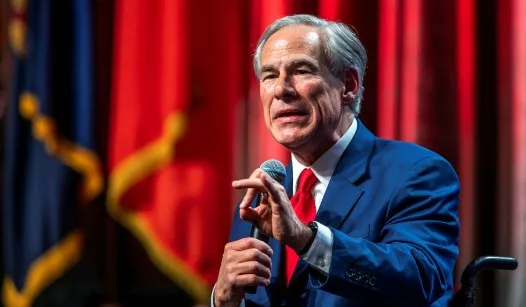In a significant move that could reshape the landscape of state lobbying, Texas has enacted measures to curb taxpayer-funded lobbying. This decision comes amidst growing concerns among taxpayers about the use of public funds to advocate for increased government spending. The initiative reflects a broader sentiment that is resonating across the United States, as citizens and lawmakers alike question the appropriateness of using taxpayer dollars for lobbying efforts.
The Texas legislation aims to restrict the ability of local governments and agencies to use taxpayer money for lobbying activities. Proponents of the measure argue that it is essential to ensure that public funds are not used to promote agendas that may not align with the interests of the taxpayers funding them. This move is seen as a response to a rising tide of frustration among constituents who feel that their voices are often drowned out by well-funded lobbying groups.
This crackdown on taxpayer-funded lobbying is not an isolated incident. Other states are also beginning to examine their own practices regarding the use of public funds for lobbying. The sentiment is clear: taxpayers are increasingly unwilling to accept the idea that their money should be used to advocate for policies that may not benefit them directly.
The implications of this legislation could be far-reaching. By limiting taxpayer-funded lobbying, Texas aims to promote greater accountability and transparency in government spending. Advocates argue that it will encourage grassroots advocacy and empower individual citizens to have a more significant voice in the political process. Instead of relying on lobbyists funded by public money, citizens may be more inclined to engage directly with their elected representatives.
Critics of the legislation, however, warn that restricting taxpayer-funded lobbying could stifle important advocacy efforts. They argue that many local governments and agencies rely on lobbying to communicate their needs and priorities to state lawmakers. Without the ability to advocate for themselves, these entities may struggle to secure necessary funding and support for essential services.
As the debate continues, it is clear that the issue of taxpayer-funded lobbying is gaining traction nationwide. States are grappling with the balance between allowing government entities to advocate for their interests while ensuring that taxpayer money is spent responsibly. The Texas legislation is a reflection of this ongoing struggle, highlighting the need for transparency and accountability in government spending.
In conclusion, Texas’s decision to crack down on taxpayer-funded lobbying signals a growing movement among states to reevaluate the use of public funds in advocacy efforts. As more states consider similar measures, the conversation around taxpayer rights and government accountability will likely intensify. For citizens seeking to stay informed about political developments, understanding the implications of these changes will be crucial as they navigate the evolving landscape of state politics.
